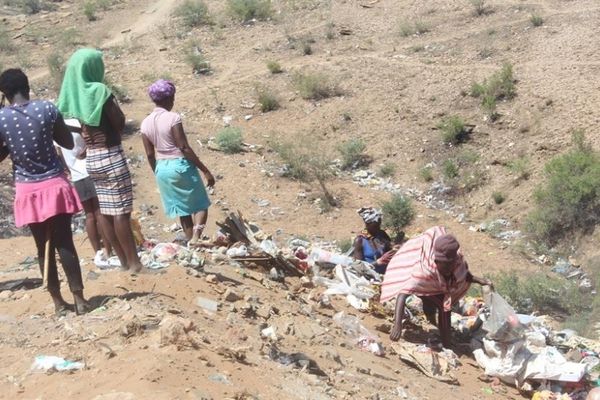Oxfam calls for taxing ultra-rich to tackle poverty

While millions of people around the world are still reeling from economic shocks caused by the Covid-19 pandemic, the world’s richest continue to grow richer, according to the latest Oxfam report.
A major concern is that two-thirds of countries do not have legal mechanisms in place for inheritance tax on wealth and assets passed to direct descendants. It is reported that half of the world’s billionaires live in these countries. As a result, around US$5 trillion will be passed on tax-free to the next generation, a sum greater than the GDP of Africa.
“A new, powerful, and unaccountable aristocracy is being created in front of our eyes,” the report states.
Break the cycle
The report suggests that taxing the ultra-rich is crucial to address increasing poverty levels and skyrocketing inequality across the globe.
“The wealthiest elites have undue influence over policymaking and politics, which allows them to accrue even more wealth. We must break this vicious cycle. This means taxing wealth at rates high enough to reduce inequalities of wealth and systematically reduce the numbers and fortunes of the super-rich.”
The report’s authors explain that “only 4 cents in every dollar of tax revenue comes from wealth taxes.”
The report found that a “tax of up to 5% on the world’s multi-millionaires and billionaires could raise US$1.7 trillion a year, enough to lift 2 billion people out of poverty, and fund a global plan to end hunger.”
Among the recommendations in the report are “taxing the net wealth of the top 1% on a permanent basis, with higher rates for millionaires, multimillionaires and billionaires. Adopting and effectively implementing steeply progressive inheritance, land and property taxes to level the playing field and prevent the growth of an aristocratic class.”
Hunger versus extreme wealth
The report – launched annually at the opening of the Davos World Economic Forum (WEF) – argues that by abolishing decades-long tax privileges and loopholes that benefit only the richest, there will be more money to invest in free, quality public services like education and healthcare, agriculture and in climate and nature.
“Since 2020, the richest 1% have captured almost two-thirds of all new wealth, nearly twice as much money as the bottom 99% of the world’s population. Billionaire fortunes are increasing by US$2.7 billion a day, even as inflation outpaces the wages of at least 1.7 billion workers, more than the population of India. Food and energy companies more than doubled their profits in 2022, paying out US$257 billion to wealthy shareholders, while over 800 million people went to bed hungry.”
Cancelled plans
These findings come at a time when South Africa, the biggest economy in Southern Africa and the third largest on the continent, has cancelled its attendance at this year’s WEF in light of a staggering energy crisis in that country.
South Africa and Namibia, which followed suit to cancel attendance at Davos, are also the world’s most unequal societies, an albatross that is deeply rooted in their shared apartheid history and aggravated by poor governance by subsequent liberation governments.
In 2022, the World Bank announced that Covid-19 marked the end of a phase of global progress in poverty reduction and, as a result, the world won’t be able to meet its goal of ending extreme poverty by 2030.
At the same time, the International Monetary Fund has projected that a third of the global economy will be in recession in 2023.
The report also highlighted that the failure to tax wealth is most pronounced in low- and middle-income countries, where inequality is highest.
jemima@namibiansun.com

























Weird ’n Wacky
FunHilarious video clips featuring animals, sports, food, & more!
Status Hub
SocialTrend on social media with these statuses!
Social Trending
SocialWant Top Trending Stickers and WhatsApp Stories!?
New Emoji
SocialChoose from stacks of exclusive shareable emojis.